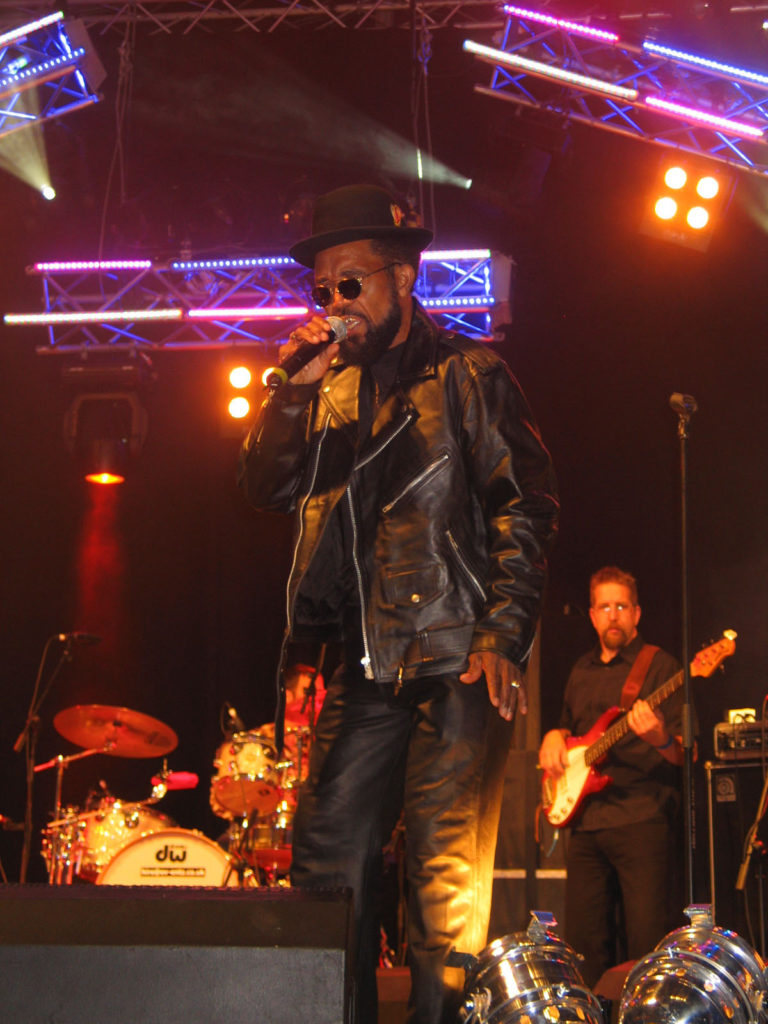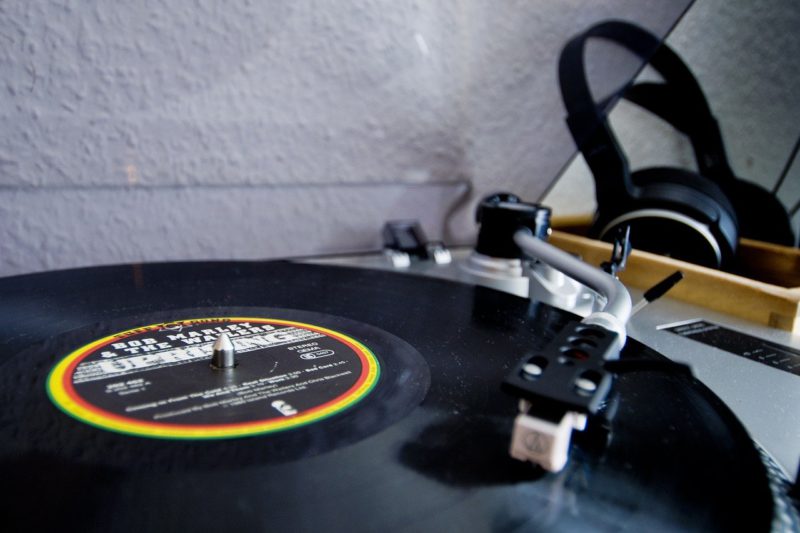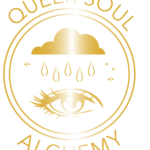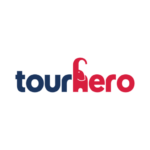Ask most people to name a Jamaican music superstar and they’ll say “Bob Marley” without hesitation, but reggae was in full swing long before the great man came along. With its origins in Caribbean and African folk music mixed with Western pop sensibilities, Jamaican music went global in the 1960s and its influence can still be heard in pop across the world.
To the untrained ear, reggae might sound like a singular style of music, but within its unique rhythmic vibes lie a whole range of different sounds and attitudes. Anyone traveling to Jamaica should pop into a reggae club or two, and a little knowledge of the genre will help you make the most of your trip. After all, why go to a ragga club if your heart lies in roots?
In our introductory guide, we’ll take a look at the most popular reggae styles below, as well as dig into the origins of Jamaican music — more styles that remain popular in parts of the country today!
Jamaican music before reggae
Mento
Just like any other form of music, reggae didn’t spring from nowhere — it evolved from other sources. One of these is mento, now seen as a style of traditional Jamaican folk music given its dependence upon acoustic instruments.
Mento itself rose up from traditional African music, combined with European story-telling. One could say that mento is a precursor to reggae in the same way that skiffle led to the genre of rock ‘n’ roll. Many mento songs are inherently political in lyrical content, but you’ll find a lot of humor in there too.
Notable mento performers: Denzil Laing, The Jolly Boys, The Island Champions
Add this track to your playlist: Reincarnation, The Island Champions
Calypso
Calypso originated from Trinidad & Tobago before spreading across the Caribbean and beyond, and it’s where reggae’s sunshine vibes originate. The calypso style has influenced European pop, and its major keys and ‘cute’ sounds belie its often-revolutionary message. With many African states getting unwanted attention from European imperialism in the late 19th century, the form — like mento — was a highly-political vehicle, but the sound was dance music par excellence.
Notable calypso performers: The Mighty Sparrow, Lord Kitchener, Lord Creator
Add this track to your playlist: Remember, Lord Creator
Ska

Perhaps the most recognizable reggae-originator is ska. On a first listen, ska sounds like uptempo reggae, and its 2/4 beat combined mento, calypso and American sounds such as blues and hard-bop jazz. Ska quickly traveled internationally, finding a home in London during the 1960s, and later influencing British two-tone music and punk rock a decade later.
Notable ska performers: Prince Buster, Duke Reid, Desmond Dekker
Add this track to your playlist: Enjoy Yourself, Prince Buster
Rocksteady
If ska can be seen as ‘fast reggae’, rocksteady is ‘slow reggae’. Easing up on the pace enabled space for dancing and more instrumentation. Guitars became strictly rhythmical and bass lines gained more prominence. There’s a distinctly African flavor to the drum beats, and horn sections were also popular. Mixing electric instruments with acoustic, pianos were often replaced by electric organs in rocksteady music, and sometimes string sections were used in an attempt to reach a larger audience.
Notable rocksteady performers: Alton Ellis, Ken Boothe, Harry J All Stars
Add this track to your playlist: Rocksteady, Alton Ellis
Styles of reggae music
Taking elements from all the genres above, reggae began to form its own identity in the mid-1960s. If you hear a rocksteady record today and think it sounds just like reggae, listen out for a few major twists.
Reggae basslines are generally far more complex than those found in rocksteady, and the same goes for drum patterns. The basic beat is shaped by a scratchy guitar (often a ‘ker-chack’ instead of rocksteady’s singular ‘chack’), instead of the kick-drum lead favored by Western pop. And a lot of reggae singers sing in Jamaican patois, in contrast to rocksteady’s more ‘English-sounding’ accents. The name itself comes from one of reggae’s finest musicians, Toots Hibbert of Toots & The Maytals, who coined the word in his own band’s hit single Do the Reggay.
Whilst reggae musicians will be happy to refer to their own music as reggae and reggae alone, observers have long since grouped the major styles into sub-genres. Many musicians have leapt from one style to another and back again, but there are a few major differences it’s worth being aware of.
Roots
Roots reggae is often spiritual or political in subject matter, with lyrics covering Rastafarianism and the suppression of African people throughout history. Some of the greatest Jamaican music has a roots theme, and personal beliefs are no hindrance to one’s enjoyment. Bob Marley — perhaps the best-known reggae artist internationally — began life as a roots musician, before switching to more commercial themes later on.
Notable roots performers: Toots & The Maytals, Peter Tosh, Burning Spear
Add this track to your playlist: Social Living, Burning Spear
Dub
If we take an overview of Western pop, electric instruments replaced acoustic in the 1950s, and electronic ones gained prominence in the 1970s. Dub grew out of a similar shift, with its emphasis on electronic sounds combined with studio trickery. Basic dub reggae is akin to remixing one or more reggae tracks. New basslines or drum beats are often added. Sampled vocals are a big element of dub as well. The genre had a huge influence on the US hip-hop scene in the late 1970s.
Notable dub performers: Lee ‘Scratch’ Perry, King Tubby, Errol Thompson
Add this track to your playlist: City Too Hot, Lee ‘Scratch’ Perry
Dancehall
‘Dancehall’ reggae is what a lot of people refer to as simply ‘reggae’. The style was a more stripped-back and accessible form than roots or dub. It’s this sub-genre that helped reggae gain popularity across the world. Free from heavy beats and sounds, dancehall is Jamaican pop at its finest. The name came from its popularity in local dancehalls where people went to bust some moves, rather than reflect upon lyrical content. Dancehall music also saw the introduction of toasters — people who free-styled lyrically over instrumentals — another huge influence on US hip-hop.
Notable dancehall performers: Yellowman, Sizzla, Beenie Man
Add this track to your playlist: Zungguzungguguzungguzeng, Yellowman
Lovers rock
Lovers rock favors a slower rhythm than ska, being more akin to rocksteady. The name comes from a record label that marketed a range of reggae records with a romantic theme, or were uber-cool covers of British or US pop hits. Given the smooth beats, soulful vibes and universal lyrics, the genre proved to be more successful abroad when compared to the harder-edged roots or dub music. If you’re wanting to spend a romantic evening with your partner, lovers rock offers the perfect soundtrack.
Notable lovers rock performers: Gregory Isaacs, Carroll Thompson, Beres Hammond
Add this track to your playlist: Groovy Little Thing, Beres Hammond
Ragga
Ragga might be seen as Jamaica’s punk rock music, only with a greater emphasis on electronics. Taking dancehall’s toasters and adding a harder edge, there were no considerations towards Western sensibilities in ragga’s creation.
Vocalists use Jamaican patois, sampling is hugely popular, and it enabled a group of young musicians to create sounds on drum machines and synths without the need for a live band. Ragga music has greatly influenced US hip-hop, as well as drum and bass music. To many, it’s the sound of youth, emerging from Jamaica’s streets, and there’s often a political slant to the lyrics.
Notable ragga performers: Wayne Smith, Daddy Freddy, Buster Rhymes
Add this track to your playlist: Under Mi Sleng Teng, Wayne Smith
Be sure to sample as much reggae music as you can during your Jamaican vacation! If you’re looking for ideas on where to travel and what to do in this Caribbean paradise, check out our adventures!
About TourHero
TourHero is a social travel platform that enables you to travel with like-minded people and fall in love with the journey. We work closely with handpicked local operators to ensure every experience curated is unique and exclusive to your travel group. Come with us on epic adventures and create memories that last a lifetime. Get started here!










